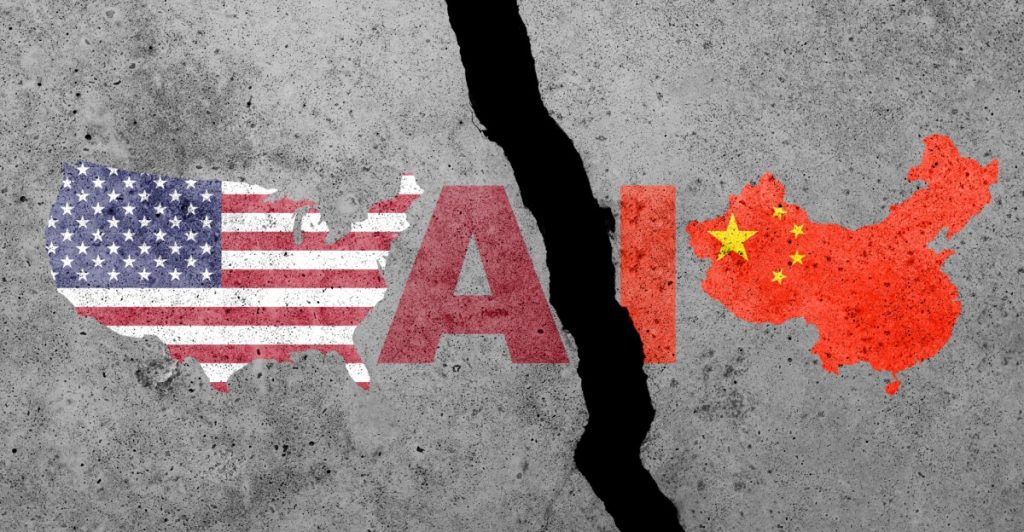Nvidia CEO Jensen Huang has warned that China may soon surpass the United States in the global race to dominate artificial intelligence.
Others are reading now
Nvidia CEO Jensen Huang has warned that China may soon surpass the United States in the global race to dominate artificial intelligence, citing the country’s lower energy costs and looser regulatory environment as key advantages.
“China is nanoseconds behind”
Speaking at a forum organized by the Financial Times, Huang described China as a “formidable, innovative, ambitious, dynamic, and poorly regulated competitor,” arguing that the country’s approach to AI development gives it a speed advantage over the West.
“China is nanoseconds behind the United States in artificial intelligence,” he said in a later post on X. “It is vital that the United States win by getting ahead and attracting developers worldwide.”
Huang suggested that while the US remains the global hub for AI research, its more rigid regulations and slower approval processes could allow China to advance faster in the manufacturing and deployment of AI chips.
The cost advantage
Huang highlighted one key differentiator: energy policy. According to the Nvidia chief, Chinese data centers benefit from what he called “energy subsidies,” which lower the cost of running AI infrastructure and make Chinese-made chips more competitive.
Also read
By contrast, the United States has introduced a series of new AI-focused regulations aimed at tightening national security and export controls, particularly concerning advanced semiconductor technology. While these measures are designed to safeguard intellectual property, Huang warned they could slow innovation.
A call for optimism
Despite his warning, Huang remains a strong advocate for US leadership in AI. He has repeatedly emphasized that the sector’s success depends not only on technological breakthroughs but also on cultivating optimism and collaboration across borders.
“The West is being held back by cynicism,” Huang told the Financial Times audience. “We need more optimism about the technological advancements ahead.”
The global AI rivalry
Huang’s comments come amid intensifying competition between Washington and Beijing over artificial intelligence, semiconductor production, and data infrastructure. The US has sought to limit China’s access to high-end Nvidia chips used in advanced AI systems, a move that has pushed Chinese firms to accelerate the development of domestic alternatives.
Nvidia, meanwhile, has continued to dominate the AI chip market, powering systems developed by OpenAI, Google, and Anthropic. The company recently became the first chipmaker to surpass a $5 trillion market valuation, underlining its central role in the ongoing AI boom.
Also read
Sources: Financial Times; El País; Channel 4 News; CNBC; Reuters; NVIDIA press materials


